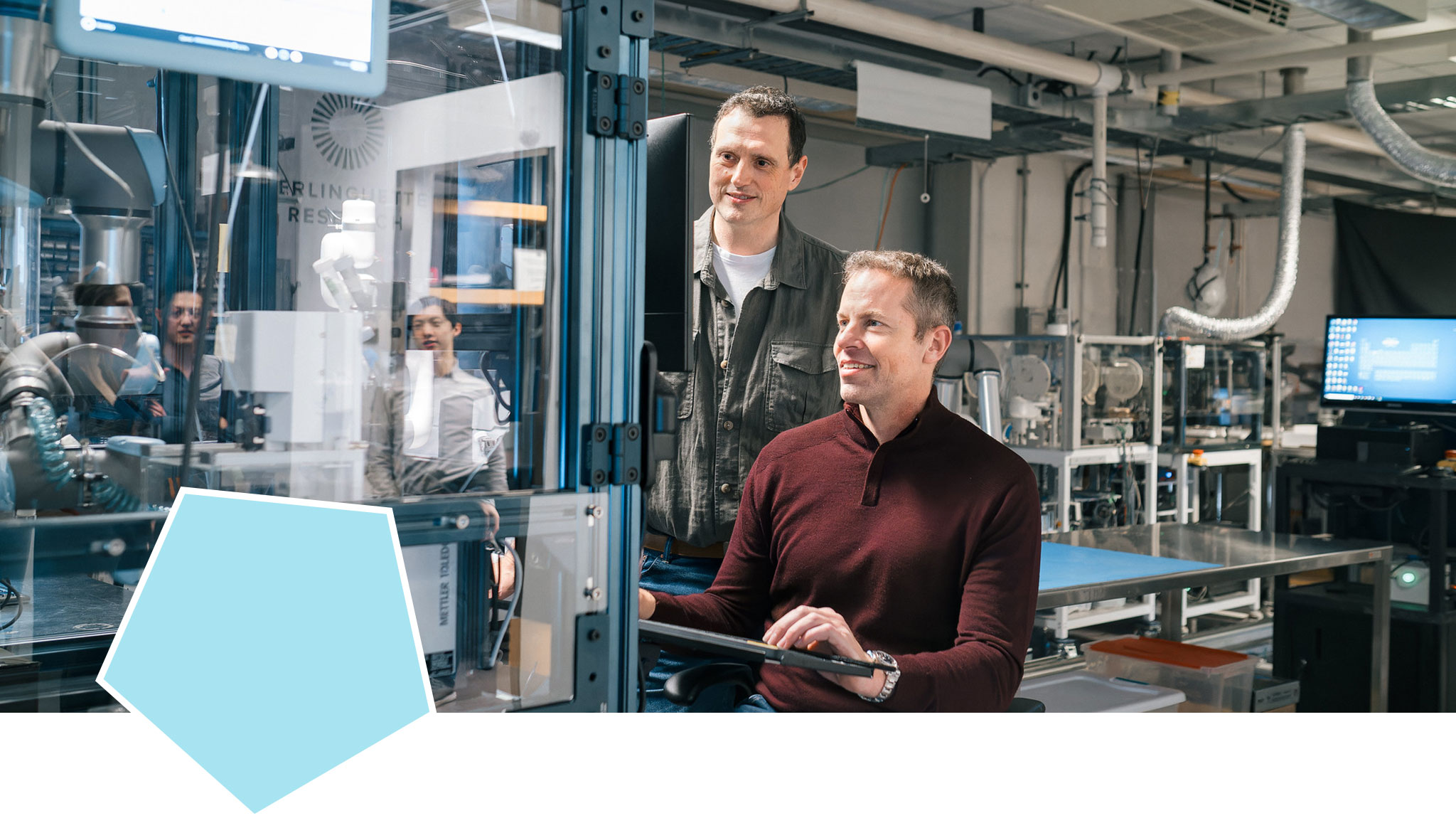
Empowering UBC’s scientists and graduates to conduct transformational, purpose-driven research in the molecular and material sciences.
Unleashing BC’s potential in green, health and translational chemistry demands a lab to market orientation in how we conduct research. With modern, modular lab environments Science Central Two will tear down silos, accelerating the ability of UBC chemists and materials scientists to make breakthrough discoveries that benefit British Columbians.
Shared entrepreneurial and incubator facilities will support meaningful collaborations between UBC researchers, senior trainees and industry, while Science Central’s open floor plans, atriums, collaborative spaces and hallways will bolster informal learning, interaction and collaboration.
Chemical sciences to solutions: A proven track-record
A more stable form of heterocycle synthesized by the Schindler lab could expand the toolkit available to drug developers in improving the safety profiles of medications and reducing side effects.
UBC chemist Raymond Andersen developed a next-generation treatment for prostate cancer, the second most prevalent cancer among men. Partners and spin outs include ESSA Pharma.
The Bertram and Borduas-Dedekind labs are studying the impact of airborne particles—including wildfire and cannabis smoke—on air quality, human health and the environment.
Work by Steven Withers and colleagues leverages enzymes to create universal blood types, with the potential to cut wait times and improve organ donations. Partners and spin outs include ABOzymes Biomedical.
Chemists in the Sammis and Bizzotto labs develop a portable device that accurately measures opioid levels in body fluids. Partners include VGH.
Curtis Berlinguette is leading a multi-institutional program to develop transformational clean energy sources. Partners and spin outs include Google, Total, Carbon Engineering and MIRU.
UBC chemist Jason Hein is using robotics and machine learning to develop new battery-grade materials by extracting lithium from wastewater. Partners and spin outs include Standard Lithium.
Green chemistry in UBC’s Schafer lab has developed self-healing adhesives. Spin-off company a2o Advanced Materials is aiming to commercialize these discoveries.
Advanced materials chemist Zac Hudson partnered with NEXE Innovations to create fully-compostable, Keurig compatible coffee pods.
Marco Ciufolini plays a key role in developing lipid nanoparticle technology, enabling mRNA vaccine delivery. Partners and spin outs include Alnylam Pharmaceuticals, Arbutus Biopharma, Acuitas Therapeutics.
As a key partner in the $200 million CFREF Acceleration Consortium, labs across UBC Chemistry are pushing the frontiers of flexible, autonomous AI in chemistry and materials discovery.
The impact of chemical sciences research at UBC
230+ patents secured
$12 million in industry funding in the past decade
70+ industry collaborations since 2011
85% of UBC Chemistry’s graduates work in BC
7,300 STEM students taught per year
23 UBC programs require chemistry classes


